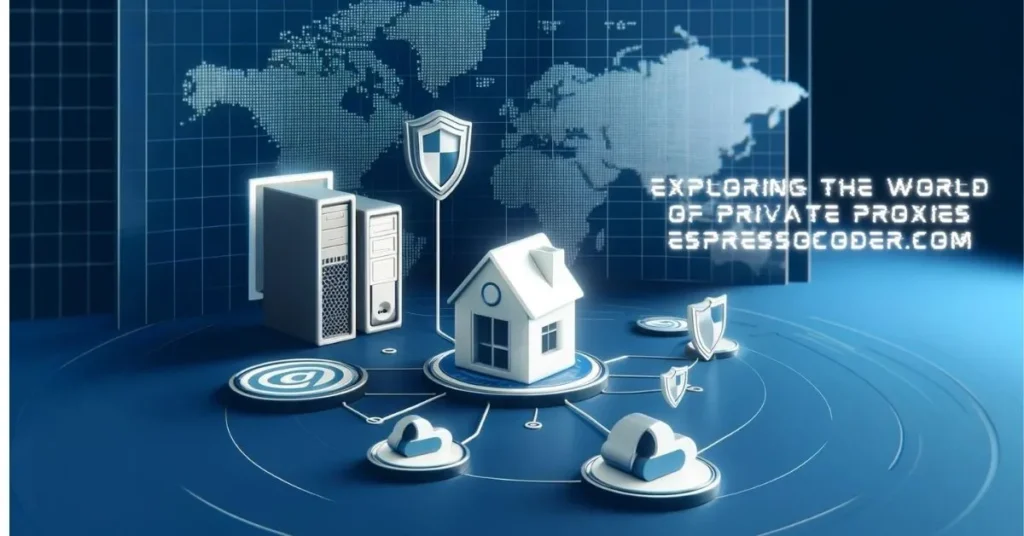Private proxies serve as dedicated intermediaries between your device and the internet, offering a secure and private browsing experience by masking your real IP address. This unique online tool enhances privacy, increases security, and improves efficiency, making it indispensable for various digital tasks.
Contents
Understanding Private Proxies
A private proxy functions by processing your internet requests through a server that uses its own IP address, making your activities appear to originate from the proxy rather than your personal device. This not only shields your real identity but also offers you control over your digital presence. Unlike public proxies, which are shared among multiple users, private proxies are exclusive to you, ensuring better performance and security.
Private vs. Public Proxies
Public proxies are akin to public transport — accessible to everyone but often overcrowded and slow. They pose significant risks such as reduced speed, unreliable connections, and potential security breaches. Private proxies, however, are like your personal vehicle dedicated solely to your use, providing faster connections, more reliable service, and enhanced security.
Types of Private Proxies: Residential vs. Datacenter
Choosing between residential and datacenter proxies depends on your specific needs:
- Residential Proxies use real IP addresses from devices like homes or phones, offering higher anonymity and making them ideal for data scraping, social media management, and bypassing geo-restrictions.
- Datacenter Proxies provide IP addresses from server-based data centers, which although faster and more reliable, are easier to detect and often blocked by websites wary of automation.
Pros and Cons of Private Proxies
Private proxies come with several advantages:
- Enhanced Privacy and Security: They conceal your IP address and protect your data from potential threats, ensuring that your online activities remain confidential.
- Unrestricted Content Access: Private proxies allow you to bypass geo-restrictions, providing access to global content without limitations.
- Optimal Performance: Dedicated IPs mean no sharing with other users, which translates to faster and more stable connections.
However, there are also downsides, such as:
- Cost: Private proxies are typically more expensive than public proxies due to the exclusivity and the cost of maintaining unique IP addresses.
- Complexity: They require more technical know-how to set up and manage compared to public proxies.
Practical Applications of Private Proxies
Private proxies are not just about anonymity; they empower various practical applications:
- Data Mining: They facilitate the gathering of information without detection, useful in market research and competitive analysis.
- Social Media Management: Manage multiple accounts efficiently without triggering security alarms thanks to unique IP addresses.
- Accessing Restricted Content: From streaming international media to accessing country-specific research, private proxies remove digital barriers.
Why Choose Private Proxies?
The need for private proxies is driven by the demand for greater security, privacy, and efficiency in navigating the digital world. Whether for personal use or business applications like web scraping and social media management, private proxies offer a robust solution to meet diverse online challenges.
Conclusion
In an era where digital privacy is paramount, private proxies offer a strategic advantage by providing secure, private, and unrestricted internet access. From enhanced security to bypassing censorship, the benefits of using a private proxy are compelling for those looking to protect their online identity and expand their digital capabilities. Whether for individual privacy or corporate efficiency, private proxies represent a critical tool in the modern digital toolkit.

